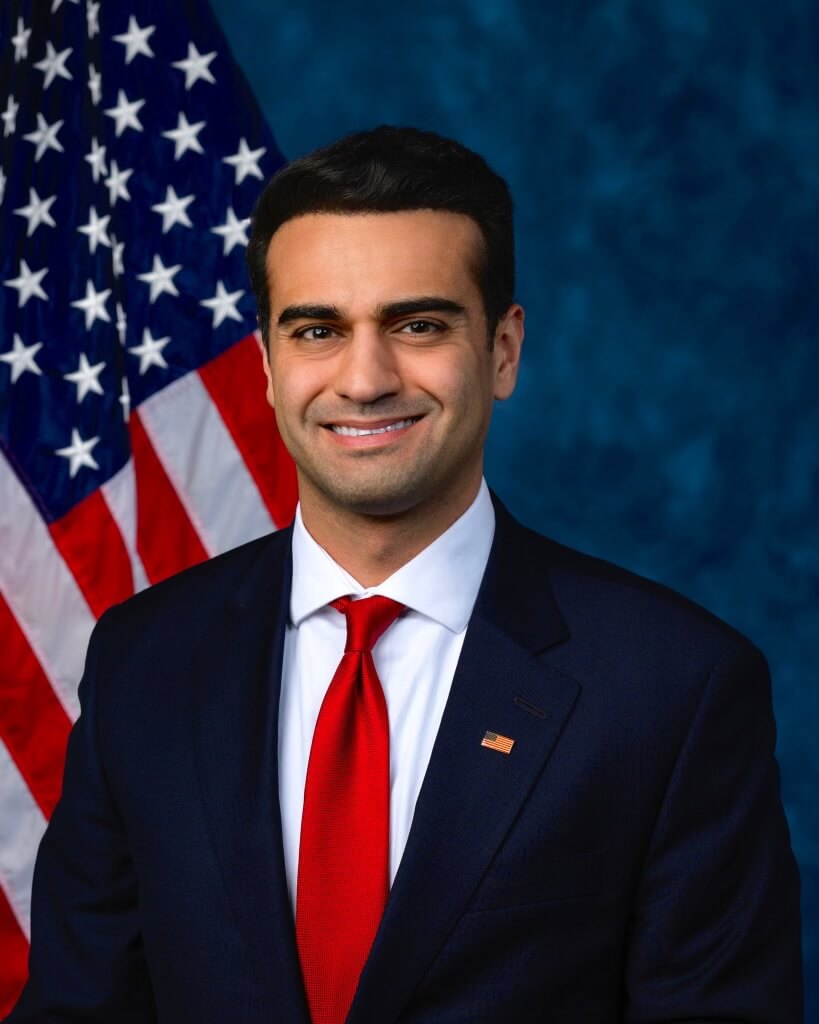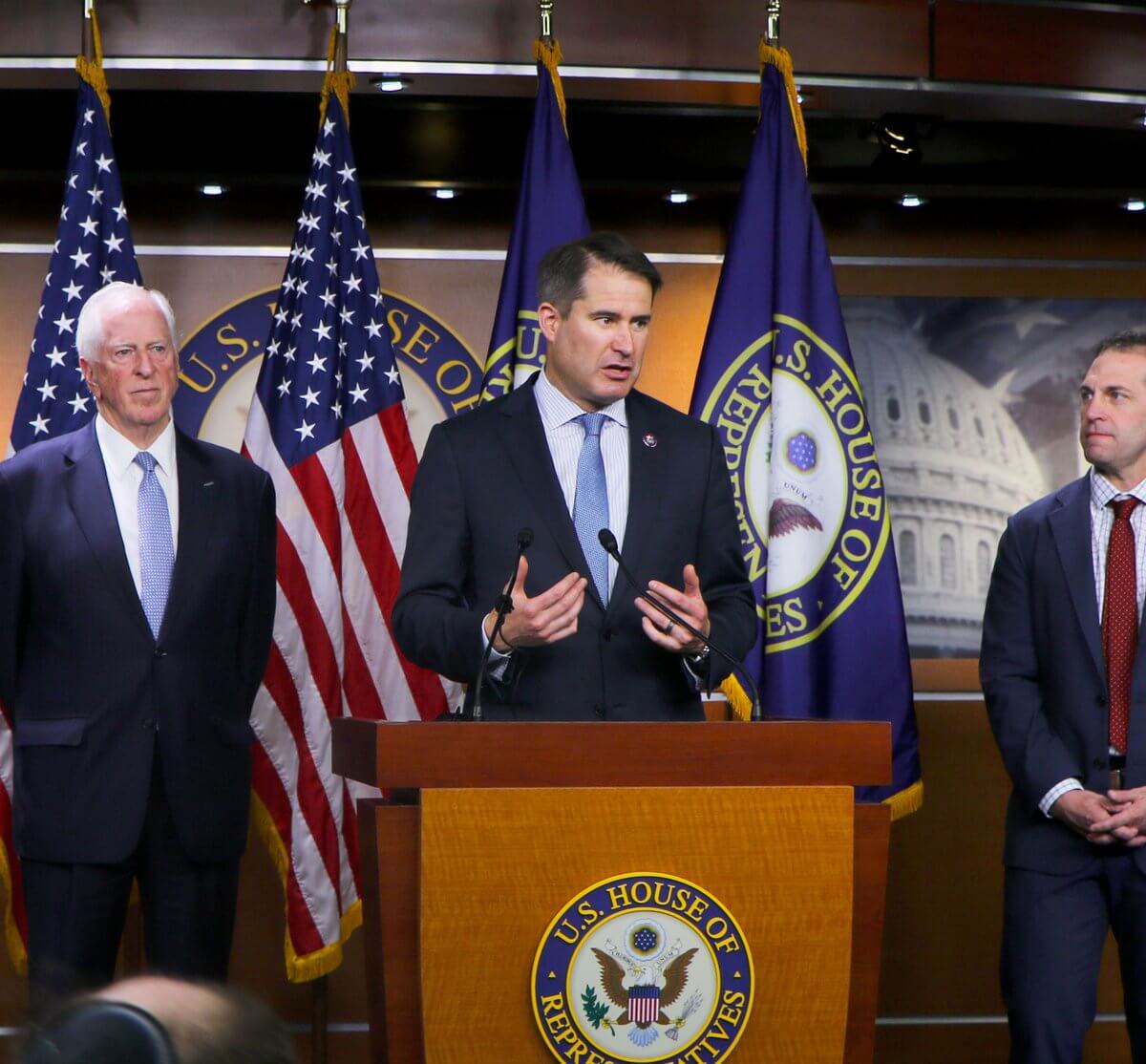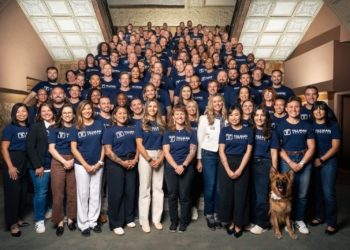When Congressmen Abe Hamadeh (R-AZ) and Seth Moulton (D-MA) won their races for the U.S. House of Representatives on Nov. 5, they joined nearly 200 military veterans running for major political office in 2024. According to Military Times, 189 veterans threw their hats in the ring for 170 House and Senate races this election cycle.
Both politicians said that their time in the military greatly affected their campaigns and political efforts. Hamadeh, the son of immigrants, relied on knowledge gained during his stint as an Army Reserve intelligence officer to put together a winning team. Several members of that campaign crew, he said, were fellow reservists he served with.
“Honestly, I think the best thing in life was joining the military. You get to really form a fraternal bond with the other service members from all across the country,” said Hamadeh, a representative for Arizona’s 8th congressional district. “You’re all wearing that same uniform with that American flag, understanding that common mission of what this country is about, and I believe it’s what made me understand people better.”
Moulton, a four-tour combat Marine, believes that military members turning into politicians makes perfect sense.
RELATED: Military spouse seeks to change landscape for women in politics
“I believe that veterans make some of the best leaders out there. They vote at higher rates than the broader population and want to be involved,” said Moulton, the U.S. representative for Massachusetts’s 6th congressional district since 2015. “They’ve already sworn an oath to support and defend the Constitution, and they understand the stakes of bad leadership. In my experience, veteran leaders are more willing to compromise and take politically unpopular votes if it’s the right thing to do for the country.”
One of those right things, Moulton said, was becoming the first sitting Member of Congress to publicly share publicly about his mental health struggles with war-related PTSD.
“At the time, it was a huge political risk. I thought I might lose everything I’d worked for overnight, because mental health was still pretty taboo even a few years ago,” he remembered. “But I ultimately made the decision to speak up about my struggles and getting help, because I wanted to be a good example for the Marines I once served with.”
Hamadeh similarly encourages fellow veterans to speak up about issues affecting them and their families, whether it’s PTSD, retiree issues or healthcare concerns.

“Don’t be shy. These politicians are there to serve you, especially those who served in the military, because they understand some of these issues that civilians would never have a clue about,” said Hamadeh, who aims to eliminate taxes on active-duty military members in Arizona. “Just reach out and make sure your voices are heard.”
Moulton believes so strongly in the veteran-legislator connection that he retains a dedicated staffer focused solely on veterans’ issues. All it takes to start a conversation is googling who your congressmen and women are, then emailing and/or calling their publicly listed contact addresses and numbers.
“If you don’t have the stomach for a career in politics, I’d encourage veterans with concerns to simply get in touch with their local elected officials,” Moulton said. “Whether you want to voice support for a certain bill or policy, or if you need help with a VA claim, your elected representatives are there to work for you.”
Some of Moulton’s political priorities in 2025 and beyond include a “GI Bill Restoration Act,” TBI research for servicemembers and expanding or maintaining crucial mental health support for veterans. Hamadeh’s include addressing issues with Arizona-area VA facilities.
Either way, both believe in the power of veterans to affect change in America.
“The path to more sane politics will be paved by veterans,” Moulton said, “and I’m feeling as motivated as ever to keep up this work.”
Read comments
































